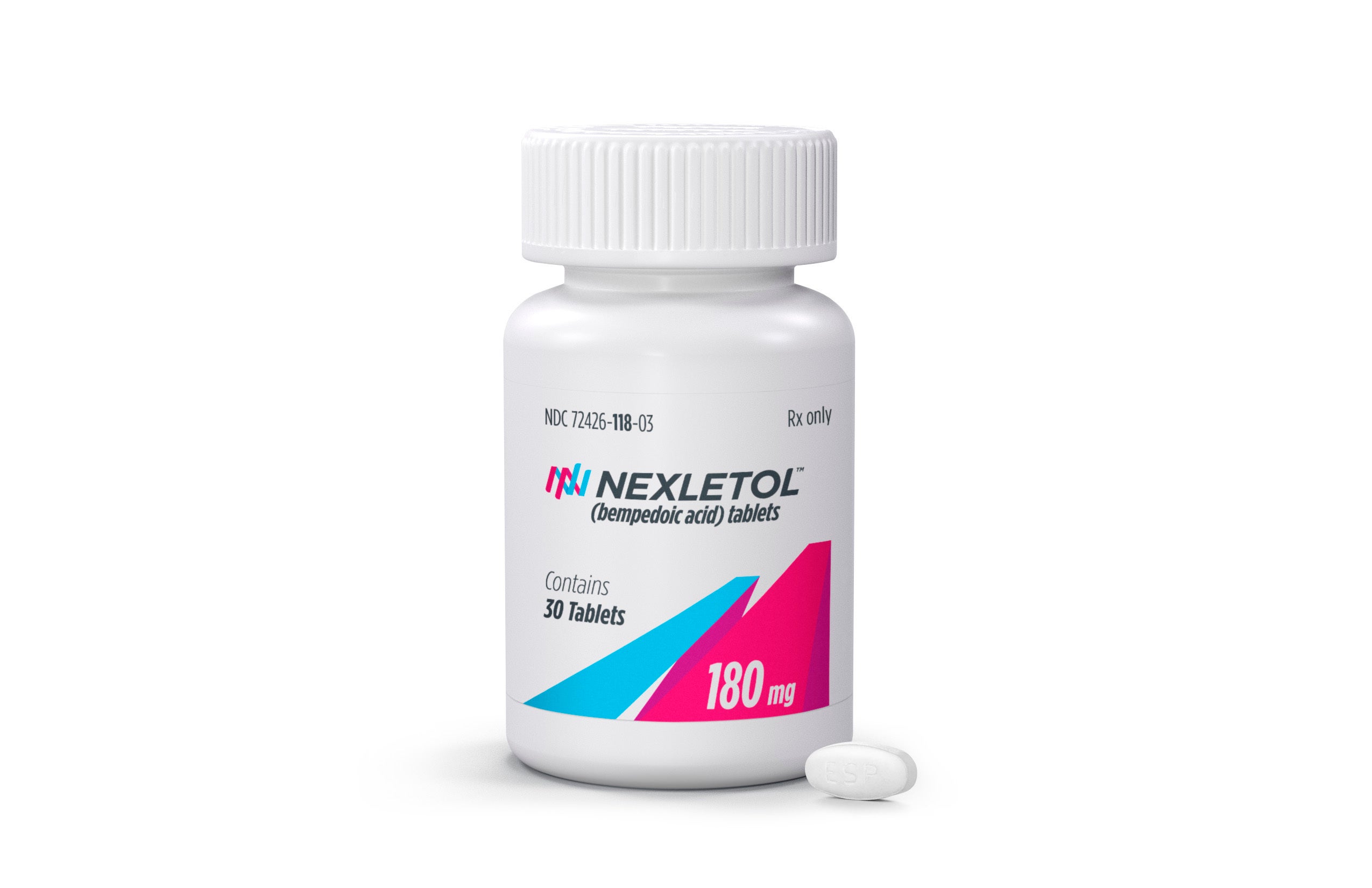Can't take statins? New pill cuts cholesterol, heart attacks
In a major study, a new kind of cholesterol-lowering drug helped people who can’t take the first choice, pills called statins

Your support helps us to tell the story
From reproductive rights to climate change to Big Tech, The Independent is on the ground when the story is developing. Whether it's investigating the financials of Elon Musk's pro-Trump PAC or producing our latest documentary, 'The A Word', which shines a light on the American women fighting for reproductive rights, we know how important it is to parse out the facts from the messaging.
At such a critical moment in US history, we need reporters on the ground. Your donation allows us to keep sending journalists to speak to both sides of the story.
The Independent is trusted by Americans across the entire political spectrum. And unlike many other quality news outlets, we choose not to lock Americans out of our reporting and analysis with paywalls. We believe quality journalism should be available to everyone, paid for by those who can afford it.
Your support makes all the difference.Drugs known as statins are the first-choice treatment for high cholesterol but millions of people who can't or won't take those pills because of side effects may have another option.
In a major study, a different kind of cholesterol-lowering drug named Nexletol reduced the risk of heart attacks and some other cardiovascular problems in people who can't tolerate statins, researchers reported Saturday.
Doctors already prescribe the drug, known chemically as bempedoic acid, to be used together with a statin to help certain high-risk patients further lower their cholesterol. The new study tested Nexletol without the statin combination -- and offers the first evidence that it also reduces the risk of cholesterol-caused health problems.
Statins remain “the cornerstone of cholesterol-lowering therapies,” stressed Dr. Steven Nissen of the Cleveland Clinic, who led the study.
But people who can’t take those proven pills “are very needy patients, they’re extremely difficult to treat,” he said. This option “will have a huge impact on public health.”
Too much so-called LDL or “bad” cholesterol can clog arteries and lead to heart attacks and strokes. Statin pills like Lipitor and Crestor – or their cheap generic equivalents – are the mainstay for lowering LDL cholesterol and preventing heart disease or treating those who already have it. They work by blocking some of the liver’s cholesterol production.
But some people suffer serious muscle pain from statins. While it’s not clear exactly how often that occurs, by some estimates 10% of people who’d otherwise qualify for the pills can’t or won’t take them. They have limited options, including pricey cholesterol-lowering shots and another kind of pill sold as Zetia.
Nexletol also blocks cholesterol production in the liver but in a different way than statins and without that muscle side effect.
The new five-year study tracked nearly 14,000 people who were unable to tolerate more than a very low dose of a statin. Half got daily Nexletol and half a dummy pill.
The main finding: Nexletol-treated patients had a 13% lower risk of a group of major cardiac problems. Then researchers teased apart those different conditions and found a 23% reduced risk of a heart attack, the biggest impact. The drug also cut by 19% procedures to unclog arteries. There wasn’t a difference in deaths, which researchers couldn’t explain but said might require longer to detect.
The data was published in the New England Journal of Medicine and presented Saturday at a meeting of the American College of Cardiology. The study was funded by Nexletol maker Esperion Therapeutics.
The results are “compelling,” Dr. John H. Alexander of Duke University, who wasn’t involved with the study, wrote in the journal. They “will and should” spur use of the drug by patients unwilling or unable to take statins.
“It is premature, however, to consider bempedoic acid as an alternative to statins,” he cautioned. "Given the overwhelming evidence of the vascular benefits,” statins remain the top choice for most patients.
___
The Associated Press Health and Science Department receives support from the Howard Hughes Medical Institute’s Science and Educational Media Group. The AP is solely responsible for all content.